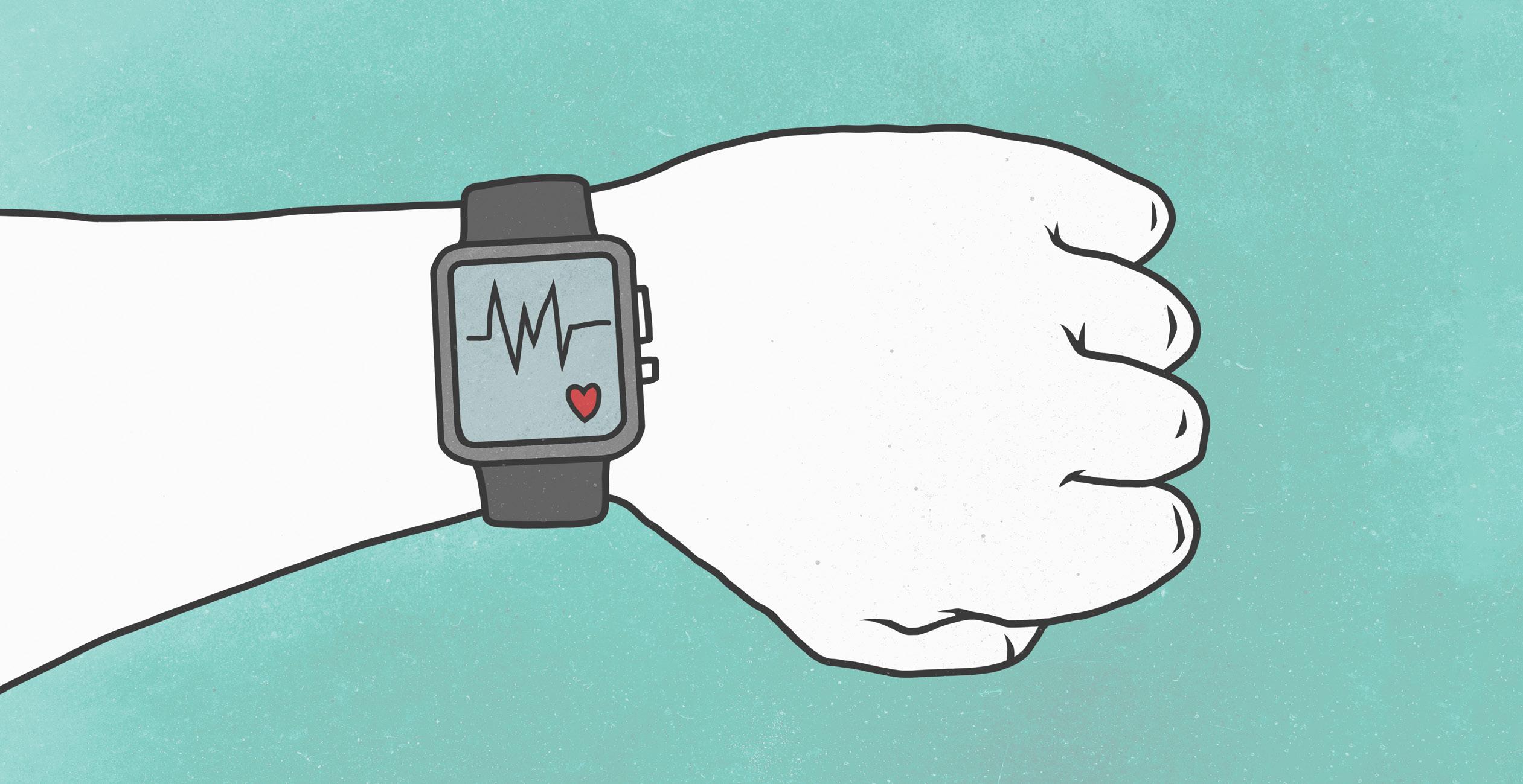
4 minute read
A Cardiac Tune-Up
Learn how to keep your body’s engine running in top condition.
Your heart is the engine driving your body, making sure it has enough oxygen and nutrients to keep going. Much like the engine in your car, your heart requires regular preventative maintenance. Without it, we can run our hearts to the breaking point.
Advertisement
To maintain a healthy heart, we must keep the pump strong, keep the blood thin, and cut unnecessary stressors. Your body’s engine needs healthy fuel, clean lines, and all cylinders firing. By actively managing your risk factors and making small changes towards a healthier lifestyle, you can keep your heart in good working order.
Exercise.
Physical inactivity is the most common risk factor for heart disease. People who get less than 150 minutes a week of moderate physical activity are at a much higher risk than more active people. Regular exercise can help you manage your weight, blood pressure, and cholesterol and glucose levels. Just 30 minutes a day of lower intensity exercises, such
as walking or bicycling, for five days a week can strengthen your muscles and heart. Building muscle increases your caloric expenditure, metabolic function, and ejection fraction, which is a percentage of how much blood the left ventricle of your heart pumps out with each contraction. And a stronger heart can pump more blood with less effort and pressure. Exercise can also reduce stress that contributes to high blood pressure.
Eat a balanced diet.
You can also manage your weight, cholesterol, glucose and blood pressure by limiting your portion sizes, eating fewer saturated and trans fats (often found in hydrogenated oils and fatty meats), eating five to nine servings of vegetables and fruit a day, and adding more foods with omega-3s like nuts, seeds and fish.
Watch your cholesterol.
Your blood lipids include total cholesterol, LDL cholesterol, and HDL cholesterol. Cholesterol is a waxy substance that
can contribute to atherosclerosis, or plaque buildup in blood vessels. High cholesterol increases your likelihood of heart attack or stroke. LDL cholesterol creates abrasions on arterial walls that plaque can stick to. HDL cholesterol beneficially helps remove LDL cholesterol from the bloodstream.
Kick the habit.
In addition to its effects on your lungs, smoking negatively affects your blood lipids by lowering HDL cholesterol.
Check your blood sugar.
If you have diabetes, unmanaged blood glucose can damage the blood vessels and nerves of your heart, making you more likely to develop cardiovascular issues, including congestive heart failure, heart attack, stroke, or peripheral artery disease. A good rule of thumb for blood sugar is a fasting value between 70 and 110 or a 2-hour post-meal value lower than 140.
Watch your body fat.
People who have more adipose tissue — or fat — in their midsection are at higher risk of heart disease. A body fat percentage of less than 22% for men and less than 30% for women can significantly lower cardiovascular risk.
Cut the salt.
High blood pressure is a common risk factor for an unhealthy heart, but can be managed by eating a diet with less sodium. The American Heart Association recommends we eat less than 2,000 milligrams (mg) of sodium a day. A good rule of thumb: Check the label. If a food has more mg of sodium than it has calories, it’s not a healthy choice.
Destress.
People with high-stress levels experience a fight or flight response that releases hormones, which cause changes in the body, including weight gain, irregular blood glucose, and higher blood pressure.
Take your heart in for a check-up.
Boone Hospital Center’s Heart Health Check tests your blood pressure, blood sugar, blood lipids, body fat percentage, and calcium score to assess your cardiovascular risk. To schedule your Heart Health Check, call 573.815.8150 or visit boone.org/heartcheck By Hunter Blume, BHC Exercise Physiologist
Boone Hospital Center Heart Health Check
Boone Hospital Center’s Heart Health Check program is designed to catch potential cardiovascular issues before they become a problem.
Consider a Heart Health Check if you answer “yes” to any or all of these statements.
I have high blood pressure or cholesterol, even if it is being medically managed.
I have a family history of heart disease.
I have Type 2 diabetes.
I am a smoker or former smoker.
What is a Heart Health Check? The Boone Hospital Heart Health Check includes: • Laboratory analysis to evaluate cholesterol and risk for developing diabetes which includes a full lipid panel and
A1C.
A cardiac calcium score screening uses computed tomography (CT) to check for calcium deposits in the walls of your heart’s arteries. These deposits may indicate early development of heart disease.
An Advanced Body Composition ® Assessment; a quick, low dose x-ray exam that measures fat versus lean mass in the body. It may help your health professional assess what is needed to maintain or improve your ratio which can minimize your overall cardiac risk.
How does it work? • To schedule your Heart Health Check, call 573.815.8150. • Your appointment should take less than one hour. • Your appointment will be located at the Boone Hospital
Nifong Medical Plaza at 900 W. Nifong, Columbia, MO. • You do not need a physician referral for an appointment, but you will need to designate a primary care provider to recieve your results. If you do not have a primary care provider, call 573.815.6400. • Insurance is not needed for a Heart Health Check. • At your appointment, you will be charged $200. This price includes all of the services mentioned above. • Your results will be sent to a Boone Hospital Center clinician. The clinician will call you to review your results and offer follow-up suggestions. Results will also be sent to your primary care provider.
Questions? Call 573.815.2274 or visit boone.org/heartcheck.










